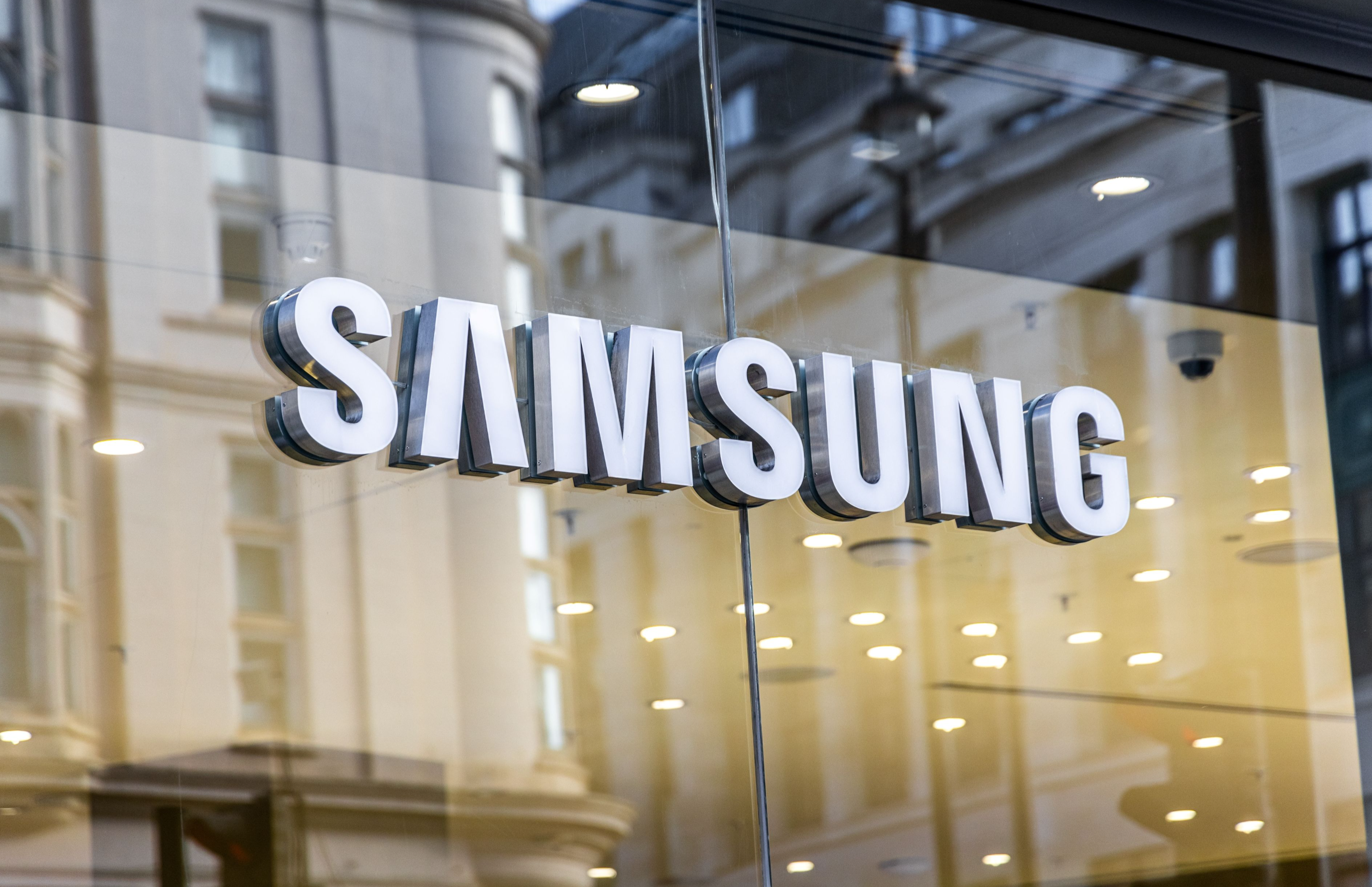Samsung signs US$16.5Bn deal with Tesla for AI chips
Opinion Pieces

28
Jul
2025
Samsung signs US$16.5Bn deal with Tesla for AI chips
According to a statement by Elon Musk, Tesla signed a deal to outsource foundry services to Samsung for Tesla’s next-generation AI6 chip.
Following a decline in sales from its foundry business, South Korean tech giant Samsung will begin manufacturing Tesla’s next-generation AI6 chip at its Taylor fab in Texas, USA. The fabrication facility, with an estimated construction cost of US$17Bn, received funds and subsidies under the US CHIPS and Science Act of 2022.
Although the facility was initially slated to begin production in 2024, the target date was delayed to 2027, citing weak consumer demand.
Samsung’s recent struggles stem from low yield rates in its 3nm processing technology. This impediment has ultimately affected the company’s reliability, preventing it from meeting certification requirements set by AI giant NVIDIA.
More significantly, the gradual shift of manufacturing capabilities to the USA is driving an increase in raw material demand. Although the US electronics industry offshored to take advantage of cheaper manufacturing costs, trade agreements enacted during the Trump administration, combined with incentives from the CHIPS and Science Act, have reinvigorated domestic high-end chip production.
Taiwan Semiconductor Manufacturing Company (TSMC) has already commenced 4nm chip production at its Phoenix, Arizona, facility and is accelerating the development of its second and third fabs in the area.
Despite recent advances, secure supply chains for several critical materials are yet to be fully established in the USA. While the USA currently sources tantalum from hard-rock deposits in Australia and Brazil and obtains germanium and indium feedstock via Teck Resources in Canada, the domestic gallium supply chain remains underdeveloped.
Nevertheless, producers outside China, such as METLEN Energy and Rio Tinto, are expanding operations and exploring alternative sources to address this gap.
Furthermore, US-owned Hemlock Semiconductor (HSC) is actively expanding domestic semiconductor-grade polysilicon capacity. Additionally, high-purity quartz, which is required for the production of crucibles crucial for silicon wafer production, is extracted at operations in North Carolina.
The purity of quartz from this region remains unrivalled at present, with even Chinese producers importing the material.